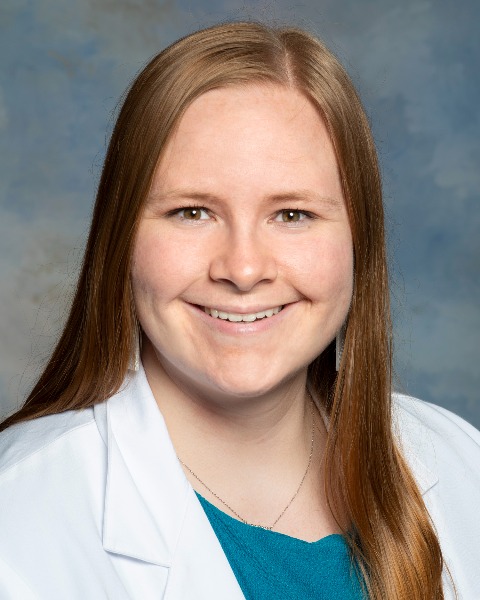Hypertriglyceridemia in Critically Ill SARS-CoV-2 Patients Receiving Propofol
-

Hannah Niss, PharmD, (she/her/hers)
Clinical Pharmacist
Saint Lukes Hospital of Kansas City
Lincoln, NEDisclosure information not submitted.
-
SS
Shelby Shemanski, PharmD, BCCCP
Pharmacist
Saint Lukes Hospital of Kansas City, United StatesDisclosure information not submitted.
-
AM
Adham Mohamed, BCCCP, PharmD
Pharmacist
Saint Lukes Hospital of Kansas City, United StatesDisclosure information not submitted.
-
AH
Ashley Holmes, BCCCP, PharmD
Saint Lukes Hospital of Kansas City
Kansas City, MODisclosure information not submitted.
-
JP
Jeannette Ploetz, BCCCP, BCPS, PharmD
SLH Medication Safety Coordinator
Saint Lukes Hospital of Kansas City, United StatesDisclosure information not submitted.
First Author(s)
Co-Author(s)
Title: Hypertriglyceridemia in Critically Ill SARS-CoV-2 Patients Receiving Propofol
Introduction/Hypothesis: Propofol has been associated with dose-limiting hypertriglyceridemia (HTG). Little is known regarding HTG and its complications in COVID-19 patients receiving propofol. The purpose of this study was to determine the incidence and risk factors for HTG in critically ill COVID-19 patients receiving propofol.
Methods: This retrospective study evaluated mechanically ventilated SARS-CoV-2 patients who received propofol between March 1, 2020 and April 30, 2021. Patient characteristics, propofol dose, and duration of use were compared between patients that did and did not develop HTG. Hypertriglyceridemia was defined as triglycerides ≥ 500 mg/dL. The incidence of pancreatitis and cardiac arrest were compared. Multivariable regression was used to determine risk factors associated with developing HTG. Age, weight, BMI, mean and cumulative propofol dose, history of stroke or coronary artery disease, and baseline AST were evaluated.
Results: A total of 274 patients were included. Mean age was 65.8 ± 12.8 years, 62.4% were male, mean weight was 98.4 ± 25.3 kg, and mean BMI was 33 ± 7.8. Seventy-two (26.3%) patients developed HTG. Patients that developed HTG had a higher weight (104 vs 96.5, p=0.031), , maximum triglyceride level (864.5 vs 259.5, p< 0.001), mean propofol dose in mcg/kg/min (42.2 vs 34.7, p< 0.001), cumulative propofol dose in grams (65.1 vs 41.9, p< 0.001), and longer duration in days (9.3 vs 5.5, p=0.015)and required more benzodiazepine infusions (65.3% vs 30.2%, p< 0.001). No patients were diagnosed with pancreatitis. The incidence of cardiac arrest was not different between groups (5.6% vs 6.9%, p=0.69). BMI (OR 1.06 (1.03-1.1), p=0.002) and mean propofol dose (OR 1.04 (1.02-1.06), p< 0.001) were associated with higher risk of developing HTG.
Conclusion: Hypertriglyceridemia affected a fourth of the mechanically ventilated COVID-19 patients receiving propofol. These patients had a higher weight, longer duration of use, and required more benzodiazepine infusions. BMI and mean propofol dose were significantly associated with a higher risk of developing HTG. No adverse effects were identified in patients with hypertriglyceridemia. Further studies are needed to investigate strategies to avoid hypertriglyceridemia in those receiving propofol.
